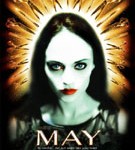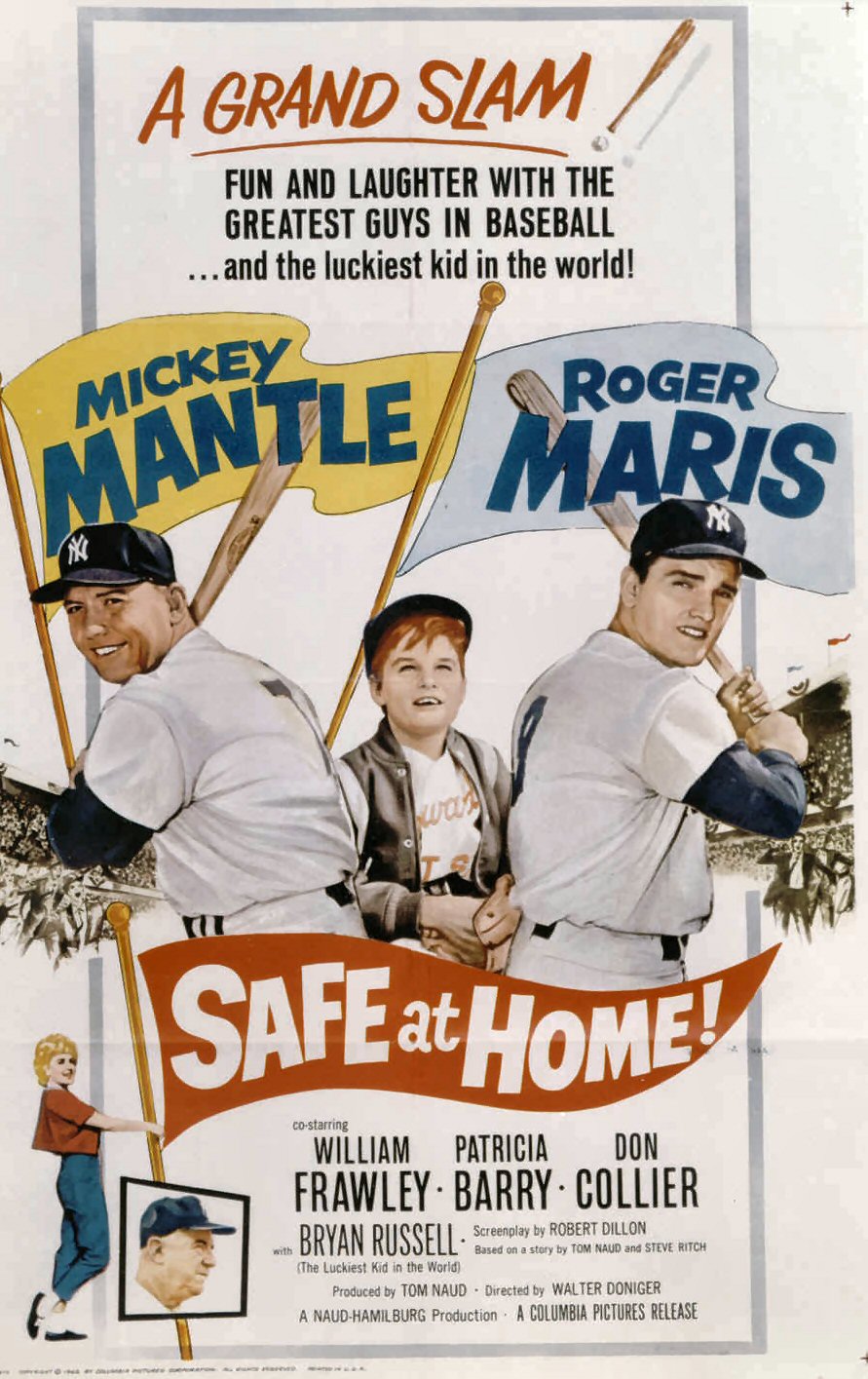“So many pretty parts and no pretty wholes.” – May (Angela Bettis)
In this day where a lot of horrors are either funny or scary, it’s rare to see one that’s both. But Lucky McKee’s May does just that and does it well.
Born with a lazy eye, life hasn’t been kind to May (Angela Bettis) thus far. Her only friend in the world is a doll her mother made for her that looks like Sally, Jack’s tattered love interest from Tim Burton’s The Nightmare Before Christmas. And when your social skills are taught to you by an inanimate doll, that’s stuck behind a glass case no less, you’re bound to be a bit of misfit. So when May gets a special contact lens that corrects her cosmetic imperfection she finally has the opportunity to make real friends, and perhaps even be a wooing damsel.
Just as May was an outcast because of the way she looked, May herself picks people apart piece by piece. She oogles over her lesbian co-worker Polly’s (Anna Faris) neck, Polly’s girlfriend’s legs, and falls in love with Adam (Jeremy Sisto) more for his model-perfect hands than his personality.
May touches on the same themes and has much the same tone as Evelyn: The Cutest Little Dead Girl, a Tim Burton-esque Canadian short by Brad Peyton. Both use the same dark mood and have female protagonists who are mocked outsiders looking for friendship. While Evelyn is a straight up satire, May is much more of a genre blender. What begins as a macabre and quirky look at life from the margins of normality soon becomes a nasty, discomforting and fascinating little horror. May’s obsessions go to extremes when she finally snaps and tries to extract the pretty parts to make a pretty whole – literally.
Because May is such a bizarre character, it would have been easy to focus in on the inherent comedy that lies within such an outcast. But the success or failure of the film hinges entirely on the audience’s sympathy for May. If you’re laughing at her then you don’t necessarily care what happens to her because, no matter what, it’s bound to be funny. By making the audience feel for May first and taking them through her mental downfall, McKee justifies May’s actions (to a certain extent) even when they become horrific. Laughs are abundant, but it’s more in a sarcastic form where you’re laughing at the secondary characters and some of May’s natural reactions. But because you’re always caring and feeling sorry for her, May is never a joke.
When you’re a loner, independence comes by way of osmosis. Nobody wants to be around you so you learn to depend on yourself. This is exactly how May is. Her only conversations that aren’t awkward are the ones she has with herself. She lives alone. She makes her own clothes taking old outfits and combining them with others to make something new. Seams and patches are clearly visible on all of May’s shirts, a subtle upkeep of the ongoing Frankenstein theme.
Bettis, who recently starred in the made-for-TV remake of Stephen King’s Carrie, is strong in the title role. There are high demands in all of May’s many aspects or personalities. As she’s going through her first steps of socializing, there’s moments of discovery, embarrassment, lust and jubilation. There’s also May’s longstanding bouts with loneliness and confusion. Bettis also looks the part. Her frail body only adds to the helplessness of May and her dark hair and costumes make her all the more foreboding and dangerous.
May is the type of film that makes you wonder why it didn’t get a wider release. Sure, it’s going to disturb a lot of people but it’s also going to say something to many more. Unfortunately loneliness and isolation are very real things growing up and there’s few people out there willing to talk about it. May might go to extremes in the action of the film, but you have to look to McKee’s search for the poetic truth that lies at the heart of the film to find the true beauty of his work.
May Gallery
Trailer















